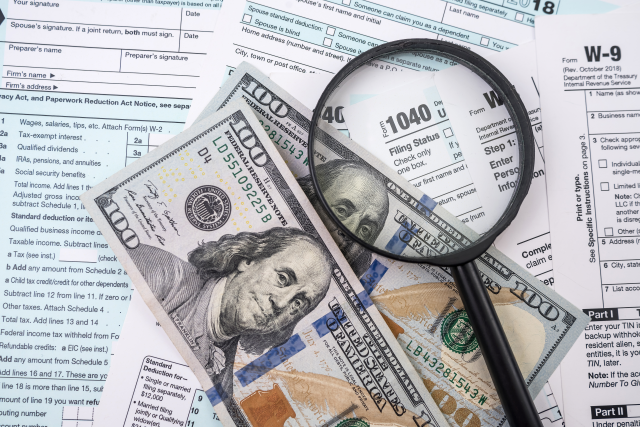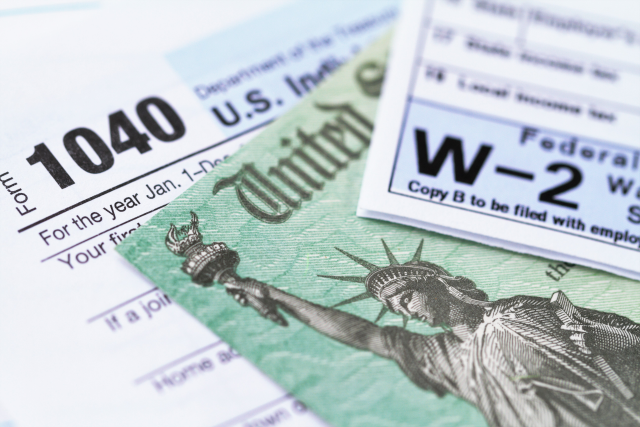Missed Deadline? Can’t Pay? What To Do About Taxes After Tax Day

Tax Day has come and gone, but what happens if you didn’t file in time? What if you did file in time, but owe and can’t afford to pay it all today?

Payment Options
It happens—you filed on time, but you’re hit with a tax payment you can’t afford. Chances are you did nothing wrong. There are plenty of different reasons that could’ve contributed to a sizeable tax return: difference in income from the year prior, issues with withholdings, changes in tax codes, and more.
Individual payment plans through the IRS are there to help you meet your responsibility at a pace that makes sense for you.
- Short-term payment plan: You owe less than $100,000 in combined tax, penalties, and interest.
- Long-term payment plan (installment agreement): You owe $50,000 or less in combined tax, penalties, and interest. You have filed all required returns.
If you are pursuing an individual payment plan, be sure to apply as soon as possible, preferably before the due date.
Looking for alternative payment options? The IRS lists different avenues you can explore to settle the debt.
If you don’t qualify for that two-day extension in Massachusetts or Maine and didn’t request an extension or payment plan prior to April 15, you should head over to the IRS.gov website to either make the payment toward your balance or apply for a plan today. You will incur penalties for being late.

How to Plan Ahead for Next Year
Aside from paying your taxes on time, and to avoid surprises, it’s not a bad idea to stow away some extra funds for each tax season.
There are a few ways you could approach this:
- Build your tax return savings into your emergency fund plan.
- Open a separate Membership Savings account specifically for your tax returns.
If you don’t owe next tax season, then you just saved some money! Still, it may be worth it to keep that money in there, or keep contributing to the account, so that if the day comes when you owe the IRS, you’re prepared for it.
Aside from other factors that may be unique to your tax return, anyone who is filing a 1099 should expect to owe on their taxes. These are employees who typically do freelance or contracted work, so their employer or the place where they conduct business isn’t withholding from their paychecks/income.
Employees filing a 1099 each year should set aside a fraction of each, or most, paychecks for taxes.
It is also helpful for contracted employees to track deductible expenses related to their work, which could help bring that total return number down. Employees could deduct for car usage if the job required them to use their personal vehicle, some or all of their cell phone bill, and other related expenses.
The longer you wait to do your taxes, the more frustrating and expensive it can be. Be sure to take advantage of resources like free filing, extensions, and payment plans to get yourself caught up!





